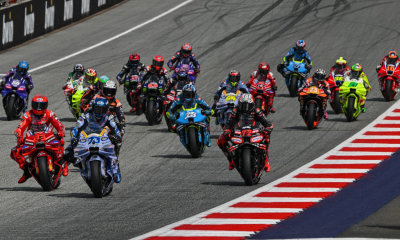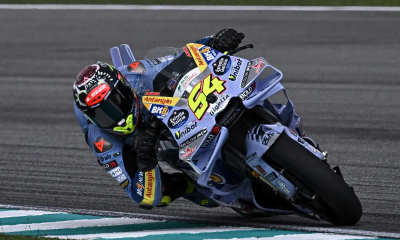Experts warn that fines alone won’t stop underage, helmetless motorcycle riding in residential areas. Community action and cultural change are urgently needed.

Subscribe to our Telegram channel for instant updates!
While the law is clear: no helmet, no ride; residential areas across Malaysia continue to witness teenagers riding motorcycles without helmets or licenses, often with impunity. Despite public calls from the Road Transport Department (RTD) and renewed efforts to penalise offenders, experts believe the problem runs far deeper than enforcement alone.
At the heart of the issue lies a worrying cultural trend: a normalisation of risky, illegal behaviour among youth, often reinforced by passive communities and under-resourced policing.
“We’re dealing with more than a legal violation—it’s a breakdown in shared responsibility,” said Assoc Prof Dr Ng Choy Peng, a highway and transport specialist at Universiti Pertahanan Nasional Malaysia. “It’s not uncommon to see teens speeding through housing areas without helmets, lights or any sense of road etiquette.”
And the stats are sobering. On just June 24, traffic enforcement authorities recorded 1,740 incidents and 14 fatalities. Many involved young or unlicensed riders, highlighting just how vulnerable residential zones have become.
While current laws mandate an RM300 fine for riding without a helmet, and parents of underage riders can be fined RM2,000 or jailed, experts say these penalties rarely bite.
“Enforcement tends to stop at the edge of neighbourhoods,” noted Ng. “Inside, teens feel free to bend the rules. That’s where communities must come in.”
A Community Problem Needs a Community Solution
Transport expert Dr Law Teik Hua from Universiti Putra Malaysia points to a dangerous perception problem: many riders believe that because they’re “just riding nearby,” helmets and licences aren’t necessary.
“But the data shows otherwise. Riding without a helmet increases the risk of fatal head injuries by 40%,” Law said. “And in residential areas, where children and elderly pedestrians are common, the stakes are even higher.”
He also highlighted that the lack of identification, especially among underage riders, makes enforcement tricky. First-time offenders often go unpunished due to missing documentation or unwillingness of parents to take responsibility.
So what can actually change the tide?
Rethinking Solutions: Beyond the Law
Both Ng and Law advocate for a broader shift:
- Community patrols and tip-offs to RTD via WhatsApp (+6019-2907723)
- Increased road safety education in schools
- Parent-targeted awareness campaigns
- Higher fines or compulsory safety workshops for repeat or underage offenders
- Random police presence in residential zones during peak hours
“Laws are important, but culture drives behaviour. If kids grow up in communities that accept illegal riding as ‘normal,’ enforcement alone won’t fix it,” Law concluded.
As long as silence and under-reporting persist, helmetless riding will remain a hidden crisis on our doorsteps. The solution isn’t just stiffer penalties, it’s a collective change in mindset.
Because road safety doesn’t start on the highway, it starts at home.































Facebook
Instagram
X (Twitter)
YouTube
LinkedIn
RSS